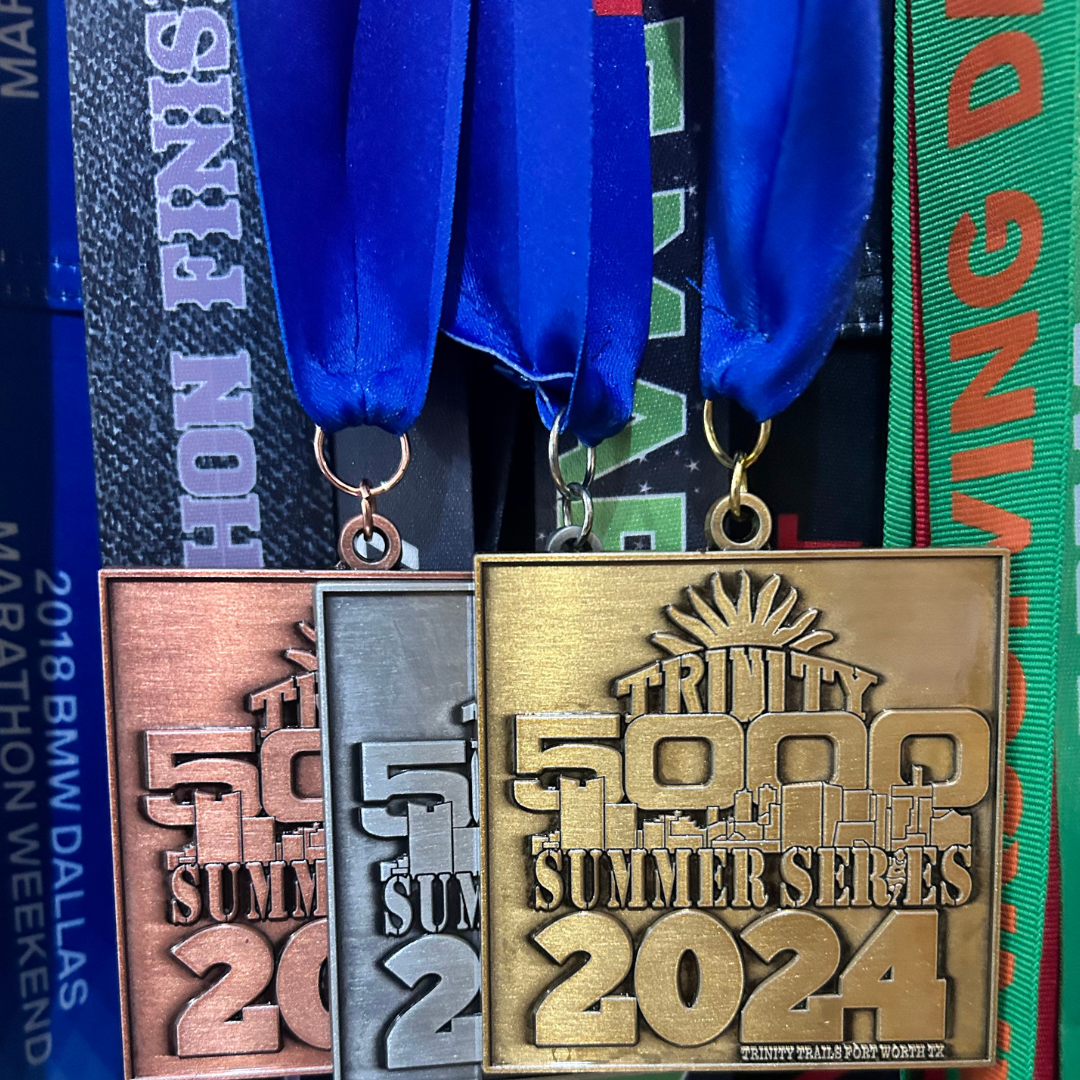In order to become a better runner the number one thing you should be doing is running. The first piece of the puzzle to get into place is consistent running because consistency is foundation of any successful plan. Slowly build a running base until you are running three to four days a week for five to six weeks. Once you build this base, you can start to think about working on speed, strength and adding more milage. Whether you are a beginner or an advanced runner there are ways to improve your running that doesn't include running.
GET YOUR NUTRITION ON TRACK
Proper nutrition is important for all people to look, feel and perform their best, but for athletes it is even more important. Work to achieve a balance of healthy carbs, fats and proteins from mostly whole food sources to not only fuel your run, but to enhance recovery and feel your best. Follow the 80/20 rule to eat according to your goals 80% of the time and leave 20% open for foods that you enjoy but may not be optimal. I write more about it this in my Running A-to-Z post, D is for Diet.
GET ENOUGH SLEEP
Most of us don't have to choose between sleep and a workout, but if it came down to the choice of a one hour workout or one hour of sleep, how do you think the experts would advise you to spend your time? If you are not getting at least the seven hours a sleep that most people need, the answer is sleep. Going to bed at midnight and setting your alarm for 5am to workout is not doing your body any favors.
Not getting enough sleep per night can reduce the benefits of healthy eating and exercise. When you don't get enough sleep, your cortisol (stress hormone) levels can rise, which can be associated with fat gain.
In our busy lifestyles sleep is often is the first thing to get slashed, but knowing how important it is to recovery and improvement it should be given a higher priority, especially for athletes.
BUILD REST & RECOVERY INTO YOUR WORKOUT SCHEDULE
Resting isn't laziness. Just like sleep, rest and recovery are essential to improving in running. Our bodies adapt, improve, get faster and stronger during rest, not during the workout. We need to allow our bodies the proper time to recover. This includes taking full rest days after hard workouts and alternating hard/easy days throughout the week.
ADD STRENGTH TRAINING
My favorite topic which is the basis for this blog and my personal training business. Strength training for runners can make you a stronger, faster, less injury-prone runner. You don't have to become a gym rat to reap the benefits of strength training.There are plenty of equipment-free, quick and efficient strength workouts in the archives that you can try at home to get started.
ADD STRETCHING/FOAM ROLLING
When you run and only run, you sometimes can develop muscle imbalances. You have overactive muscles that are working too hard and compensating for underactive muscles that are not able to do their job. One way to help prevent muscle imbalances is to strengthen the weak muscles (see above) and stretch/foam roll the overactive muscles. I recommend foam rolling before you run and stretching the overactive or tight muscles immediately following your run. Here is a post I wrote on foam rolling that may be helpful if you want to get started.
GET ON YOUR MENTAL GAME
Running is as much as mental sport as it is a physical one. I am not suggesting that if you visualize yourself running fast that you will magically win your next marathon, but having a strong mental picture of success goes well with your physical training. If you think positive, act positive and ban those negative thoughts, it can make a difference in how you perform. I wrote more on this in a post called Running A-to-Z: M is for metal tricks for running.
FIND AN ACCOUNTABILITY PARTNER OR RUNNING COACH
We all need support. Whether it is for accountability, emotional support or technical help, I suggest finding a partner or coach to help you stay on course (pun intended). Friends can be a great motivator to exercise. Sometimes we feel more obligated to others than we do to ourselves. We may not think twice about cancelling on ourselves for our daily workout, but if we know we have someone counting on us we are more likely to show up so we don't let them down. If you don't have any friends or family interested in exercise consider finding an accountability partner online, joining an exercise class, running group or hiring a coach.
Any questions? I'd love to help. Let me know in the comments.
Like this post? Please consider sharing.
I am a NASM personal trainer and RRCA adult distance running coach that specializes in strength training for runners. I offer in-person training in the Shredshed, online training and Fit to Run bootcamps. If you are interested in a more in-depth running or strength training plan, please contact me. Have questions? I'd love to help.
While I am a certified personal trainer, I am not your personal trainer. Since I don't know your exercise abilities, injury background or medical history, please see your doctor before beginning any new exercise program. This is an opinion blog. No information in this blog is intended to be taken as medical advice or prescription. Please see your doctor and/or registered dietitian for any health concerns.












A lot of nutrition guides for half marathon training are overly complicated and aimed at elite athletes, which can be intimidating for the average runner. This blog post is about taking the pressure off by treating your fueling as a personal, no-math-required experiment throughout your 12-to-16-week training cycle. As a health coach and personal trainer, my goal is to give you simple, straightforward guidelines so you can figure out what works best for your body, ensuring you have the energy needed to train well, recover fully, and cross the finish line feeling strong.